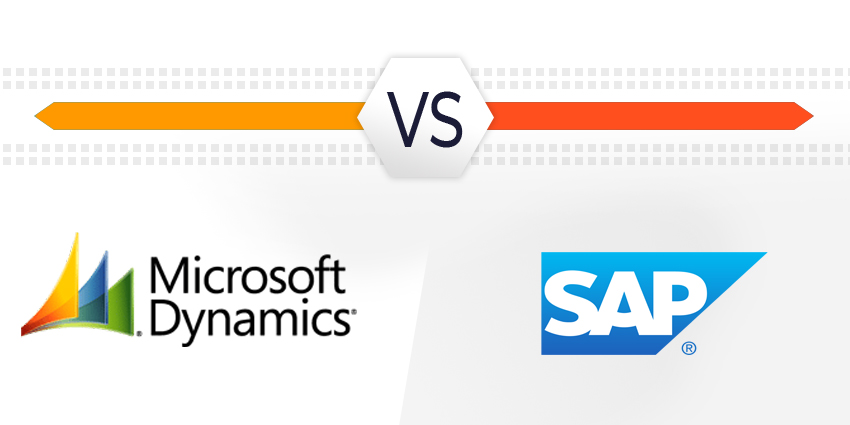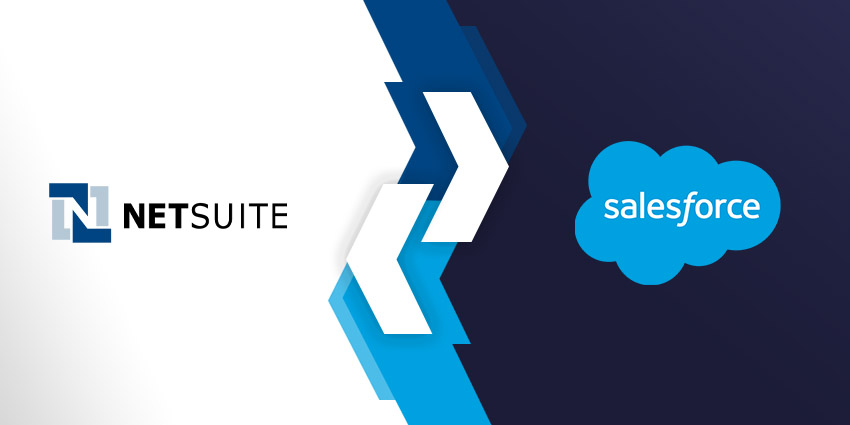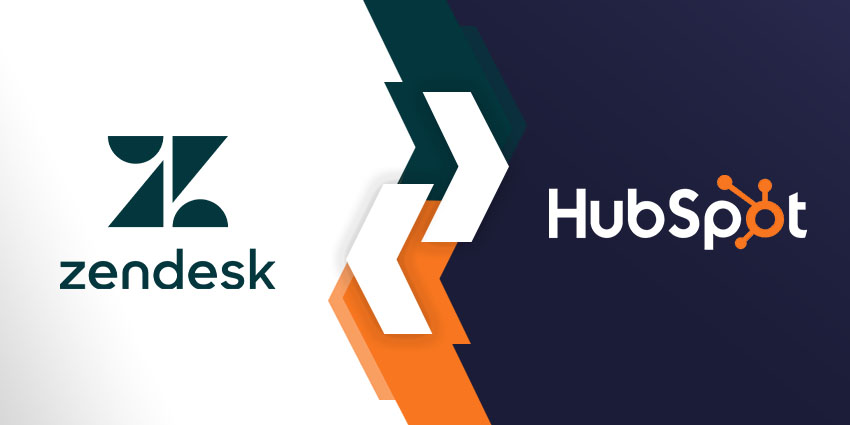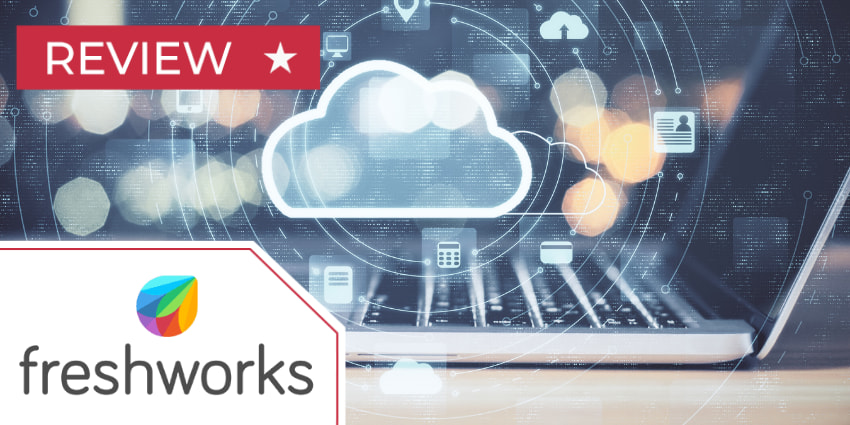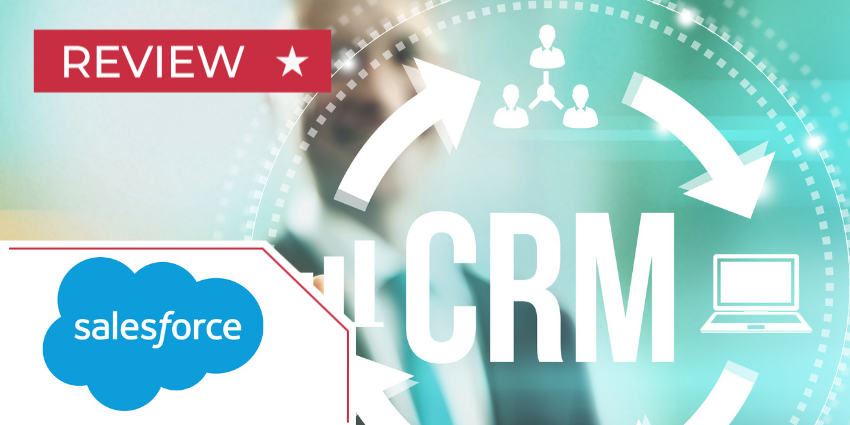Most companies know that developing the best experiences for their target audience means investing in the right customer relationship management tools (CRMs). With a CRM system, you can track the crucial conversations you have with your target audience across multiple channels, detect new opportunities, and even increase your sales. So, which CRM is best?
There’s certainly no shortage of options in the modern marketplace. However, today, we’re going to be looking specifically at two of the most popular picks: SAP, and Microsoft Dynamics. With Microsoft Dynamics, you get a comprehensive ecosystem full of tools for managing the sales, service, and marketing aspects of customer interactions. With SAP CRM, you can access everything from tools to empower your agents, to extensive data insights.
Today, we’re going to be looking at the features of both Microsoft Dynamics and SAP, to help you decide which is right for you.
Microsoft Dynamics 365 CRM Features
Microsoft Dynamics 365 is one of the leading CRM tools on the market today, offering an exceptional way to keep track of multiple touchpoints in the customer journey. With Microsoft Dynamics, you can enhance your sales processes, giving teams the tools they need to collaborate, track opportunities, and manage orders. There’s also a host of features for things like customer service, incident routing, marketing, and engaging your customers in real-time.
With a wide range of features to explore, Microsoft Dynamics can transform the way your team works, whether you’re working with a remote/ hybrid workforce, or a traditional in-office staff. Some of the features you can expect from Microsoft Dynamics 365 include:
Microsoft Dynamics Sales:
- Partner relationship management
- Opportunity tracking
- Funnel building
- Task assignment and management
- Quote and order management
- Team collaboration tools
- Self-service knowledgebase access
- Reporting and analytics
Microsoft Dynamics for Service:
- Virtual agents for self-service support
- Productivity tools for agents
- IoT data connections
- Service tracking and incident routing
- Cross-channel data tracking
- Field service analytics
- Actionable insights into team performance
- Reporting and analytics on fix rates
Microsoft Dynamics for Marketing:
- Extensive customer journey maps
- Event-based and segment-based campaigns
- Landing page and form creation
- Email marketing
- Social media marketing
- Webinar creation and hosting
Microsoft Dynamics 365 CRM also offers access to everything from project management tools to assign tasks to your team members, and resource tracking, to help determine what makes your business run smoothly. The comprehensive ecosystem addresses multiple parts of the business landscape, so you can get the benefits of an ERP and CRM in one.
SAP CRM Review Features
SAP CRM is another highly advanced and feature-rich solution for customer relationship management. Delivered as part of the SAP customer experience portfolio, SAP’s CRM software combines standard customer relationship management technology with features for end-to-end eCommerce selling, customer data management, and sales solutions.
With state-of-the-art technology, SAP CRM ensures companies can build the ultra-personal experience audiences are looking for. You can track conversations across multiple channels and orchestrate entire journeys according to customer needs. Features include:
- Extensive lead tracking and management
- Dynamic customer profiling
- Real-time intent information and alerts
- Cloud-based data collection and management
- Marketing and sales planning
- Performance tracking for sales strategies
- Access control management for security
- Cloud collaboration tools and file sharing
- Personalised customer journey mapping
- Multi-channel marketing campaigns
- Precise customer targeting
- Audience segmentation and grouping
- Consent and preference management
- Customer identity and access management
- Upsell and cross-sell opportunity identification
- Self-service features for customer sales
- Quote and invoice configuration
SAP’s CRM solutions integrate with a host of additional tools from SAP, including limitless eCommerce building with the SAP commerce cloud, and SAP Customer Experience roadmaps. There’s access to sales process optimization, embedded sales intelligence, and comprehensive data tracking, self-service quote configuration, dynamic pricing and more.
SAP CRM or Microsoft Dynamics: Which is Best?
Both SAP CRM and Microsoft Dynamics go beyond the basics of customer relationship management. With each of these providers, you can access a comprehensive collection of tools, ready to help you earn more sales, better opportunities, and a stronger brand reputation.
With SAP CRM, you get a comprehensive “customer experience” landscape, built specifically for the age of eCommerce and digital selling. The SAP CRM solution enables personalised omnichannel experiences in the digital environment, and even allows companies to build their own eCommerce environments, with access to things like dynamic pricing.
SAP’s technology leverages the latest disruptive capabilities in the market to give the customer more control over their experience. This includes enabling a range of self-service tools, bots, and AI systems. At the same time, you still get the extensive data insights and contact management tools you need to make important decisions about customer service.
Microsoft Dynamics offers a solution similar to many other leading providers, like Salesforce. You get multiple segments filled with features to help you with things like sales, service, and personalised marketing. All of these components work together to provide a better view of the customer journey and ensure you can deliver more personalised experiences.
Microsoft Dynamics can adapt to support any kind of business online and offline, and even has specialist technology in place to empower field workers.
SAP CRM or Microsoft Dynamics? You Decide
Microsoft Dynamics and SAP CRM are both comprehensive tools for managing customer relationships and improving customer service. With each of these tools, you’ll have the functionality you need to better understand and serve your target audience.
However, with SAP CRM, the focus seems to be on giving customers more advanced experiences in a digital environment. Integration with extensive eCommerce tools and end-to-end digital marketing solutions make SAP great for a growing online business.
With Microsoft Dynamics, you get a more flexible CRM environment for any company, including those which still need to manage and support field employees, and track conversations with clients across a range of distribution channels. Microsoft also has the added benefit of integrations with a host of tools teams already use, like Microsoft Office, and Microsoft Teams.
